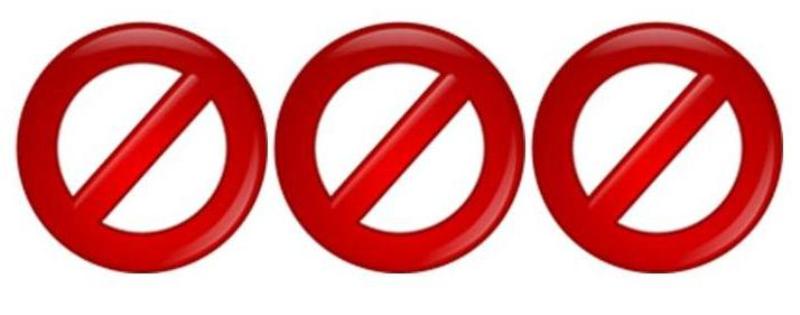One in 1,000 dogs will never develop immunity to canine parvovirus no matter how many times they are vaccinated against the disease. When parvo first roared onto the canine scene in the 1970s, these genetic “non-responders” (as they are called) came primarily from certain breeds. Today, you’ll find non-responders in dogs of all shapes, sizes, and breeds. Keep reading to learn more …
In the early days of canine parvovirus, most vaccine non-responders were dobermans or rottweilers.
“We lost of a lot of puppies of those two breeds because genetically they were incapable of responding [to the vaccine],” says Dr. Ron Schultz at the University of Wisconsin veterinary school. “Today, we don’t see any greater number of non-responders in those two breeds because they all got wiped out. The genetics were wiped out, so today, we see non-responders in all breeds, but not like we saw in those rottweilers and dobermans early on. And, it’s not surprising it’s those two breeds because they are closely associated breeds. Of course, the genetics were there that were perpetuated without any adverse events until parvo came into the world, which was really in 1978.”
So, if you ever hear of an adult dog who has been vaccinated for parvo, who gets parvo or dies from parvo, then that dog is probably the 1 in 1,000 non-responder. He will be at risk from parvo his whole life.
There is another way that a seemingly vaccinated dog could get sick or die from parvo, and that’s if it is a young adult vaccinated dog who has NOT yet had his 1-year booster vaccines. Remember how we talked last week about maternal antibodies blocking the parvo vaccine from working?
Well, a young dog that was vaccinated (even several times) might not have developed immunity because of high level of maternal antibodies during vaccination … that have now gone away.
That’s why veterinarians like to re-vaccinate puppies at 1 year of age. Just to be extra sure that immunity has been established.
It’s also why it’s a good idea to have a puppy titer tested 2-4 weeks after you finish the vaccines you’ve given — to make SURE the vaccines actually induced immunity. No more assuming or guessing.
If the puppy doesn’t show any parvo titers, Dr. Schultz recommends re-vaccinating and re-checking titers on puppies. If the titer test still comes back negative, long after maternal antibodies are gone, then you have yourself a non-responder.
Make sense?
So if you ever hear reports about adult / vaccinated dogs with parvo … I want you to think non-responder or blocked response first … NOT that the vaccine no longer works or that there is a new strain of parvo out there.
**
I have one more parvo post I want to write about really neat ways veterinarians can figure out exactly when to give a litter of puppies vaccines so that they work best — which means they can give them fewer times and still provide good protection. Stay tuned for that!





Thank you Roxanne for your prompt response! I don’t know, but since there were other confirmed, adult, vaccinated cases, I’d be surprised, if the titer was the faulty one. I’ll ask our vet to contact Dr. Schultz. He said, there were other cases too at that time, in surrounding hospitals. I can only ask my own vet, but maybe Dr. Schultz can contact the nearby hospitals? To establish a timeline, it might help, if I tell you, that our case was at the end of November, 2012 (I’ve remembered wrong in my earlier post). I’ve spent literally every waking our of mine in my baby’s kennel, cuddling her, and in that time – 7 days – I myself have met all the other 4 cases at our clinic. Our zip code is 91761, there are several animal hospitals in the area, you can contact. Thank you VERY much for taking interest in our case Roxanne! It was the worst 7 days of our lives, and ever since we’re trying to find answers, unfortunately so far we were unable to do so.
I just asked a question on the other Parvo article, I think, I got my answer here, thank you. Now I have this other question. If the titer showed, she was fully immune, how the heck could she get it?! There were 4 other confirmed ADULT (as old as 4 years!), VACCINATED cases in our area at that time (2013, Southern California) Thank you in advance!
So interesting. Dr. Schultz and I did talk about the California outbreak, and his sense was that it was a normal outbreak of unvaccinated dogs. He didn’t mention hearing about any adult / vaccinated ones. I have NO idea how that would happen. Maybe have your vet contact Dr. Schultz. Maybe there are tests you can have done that might shed light on the case … I wonder if the titer test was faulty.